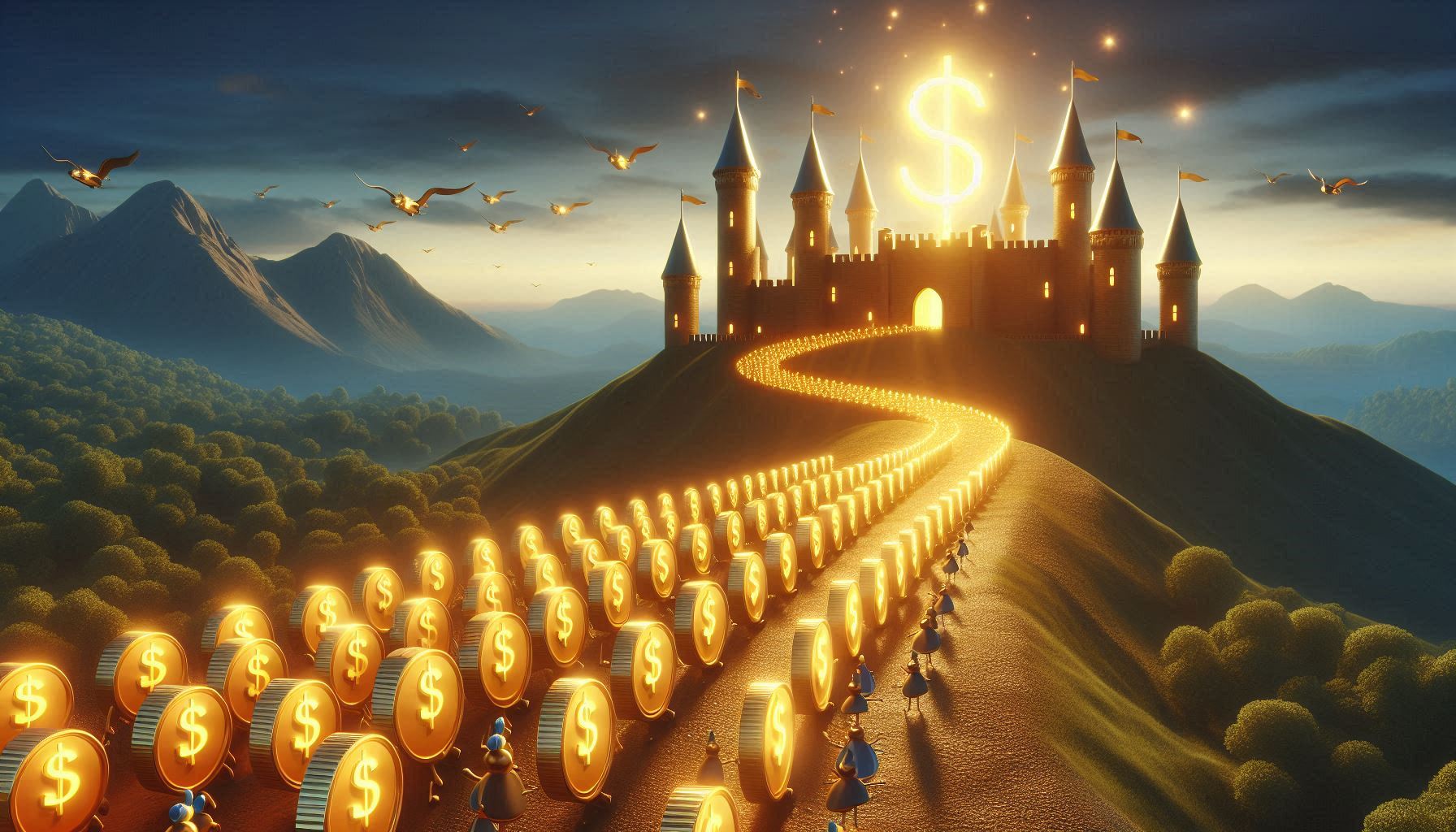The protest was this Sunday, but the discomfort had been cooking for weeks. Actors, broadcasters and creatives of the dubbing world mobilized in Mexico City to ask that their voice, their work tool cannot be cloned by artificial intelligence without consent. The trigger was a video published by the INE that, according to the organizers, would have used the voice of the late José Lavat generated by AI. Lavat was one of the most recognized dubbing voices in Latin Spanish, known for his role as a narrator in the Dragon Ball series. The impact was immediate. And the answer, too.
A protest in the CDMX center. The mobilization took place in the monument to the revolution, in the center of Mexico City. It was not a massive march, but it was significant: not only because of the number – according to the National Association of Actors (ANDA), more than a thousand people attended – but for the diversity of voices that joined the claim.
Among the calls and assistants were Ameloc, the Anda herself, the United Voices Organization, Ark Dubbing Mexico, the Esteban Siller Artistic Specialization Center (Ceartes), and also the International Association of Workers of the Show (AITE). As they collect in this Instagram publication, the claim was shared by broadcasters, actors, technicians, directors and professionals of all levels of the industry.

“It’s not just about the actors,” said Alejandro Cuétara, representative of Anda, cited by Echoes Mid MX. “We are supporting a group of directors whose work is also at risk, and the guild in general, which includes the other 60 departments that participate in a filming. From which Barre, to the director: we are all at risk.”
From the street claim to Congress. The protest was not just symbolic. The participants took advantage of the call to demand concrete changes in Mexican legislation. The objective: that the human voice – as biometric data and work tool – is protected by law against unauthorized uses with artificial intelligence.
As explained by Cuétara, in the last legislature there were up to 58 attempts to regulate the use of AI. “And none came to a discussion,” he lamented. Now, they support a new initiative promoted by local deputy Paulo García, which has already been raised to the federal level. What they ask, in the words of the Anda representative, is clear: “That there are the attempts of law that there are.”


Cuétara also made a direct call to President Claudia Sheinbaum, asking her to take the issue as a legislative priority. “We are asking the president, Dr. Claudia Sheinbaum, to take the matter as her own and that puts a priority initiative to be discussed,” she said in the demonstration.
The proposal is not limited to the use of voices in advertising or cinema: seeks broader recognition. “By controlling biometric, not only of talents, actors, actresses … the biometric of all Mexican. That your voice is part of your own image and that no one can or replicate it or use it to feed generative intelligences,” he said.


It is a concern that is not only technique: it is also human. Therefore, from the Mexican guild they propose the creation of a new seal, which works as a declaration of principles. To the already known “made in Mexico”, they want to add a new one: “made by humans.”
The government takes note (at least for now). This Monday, in her usual public intervention, President Claudia Sheinbaum referred to the case directly. “They are right,” he said, in relation to the claims of the actors and announcers who participated in the protest. “They are people who dedicate themselves mainly to dubbing and, according to what they raise, even people who already died. This is not correct,.”
Sheinbaum confirmed that she has already talked with the legal counselor and the Ministry of Culture to open a dialogue channel with the groups. “We are going to meet them to see which schemes of protection to their work and their voice have to be used to avoid the use of what is their main work tool, which is their voice, through artificial intelligence,” he said during the morning conference.

The president admitted that the issue raises legal challenges – as the debate on whether the voice can be considered a biometric data – but also recognized the value of the trade. “The dubbing that is done in Mexico is very good. There are many people who dedicate themselves to it and you have to protect their work, their voice and everything that is associated with this important profession.”
The dilemma is not just Mexican. What is played in Mexico is part of a broader debate. Throughout the world, artificial intelligence has begun to enter creative processes, from script writing to films dubbing. Prime video, for example, has already launched a pilot program to apply dubbing assisted by AI in titles that did not have a localized version. The plan, they assure, combines AI with human review to make its catalog more accessible.
But not everyone see it with good eyes. In Hollywood, critical voices accumulate. Robert Downey Jr., for example, made it clear that he will not allow him to believe a digital twin or that his image is used with without consent. “Even if I am dead, my law firm will remain very active,” he warned.
Images | Jonathan Velasquez | Igor Omilaev | Ameloc | National Locker Association | Toei animation
In WorldOfSoftware | The most experienced developers hoped to improve their productivity with AI. A study showed just the opposite












